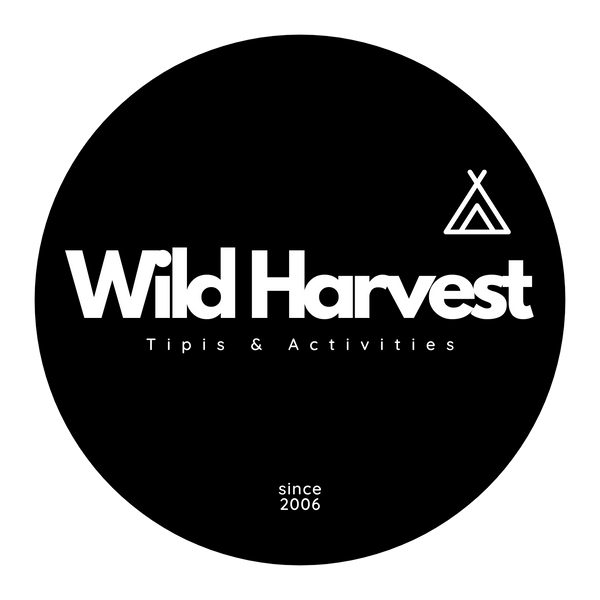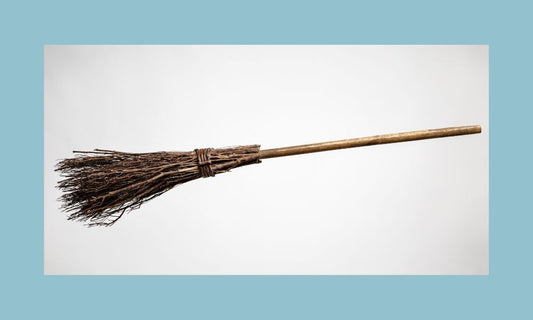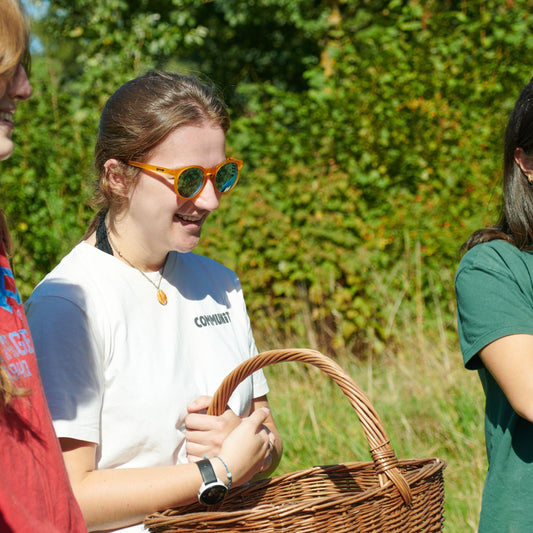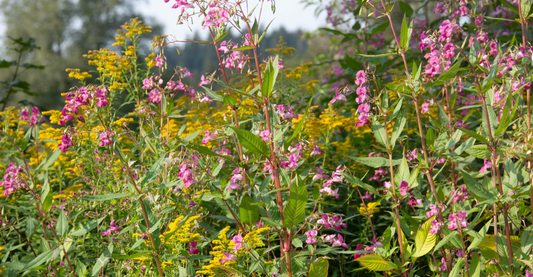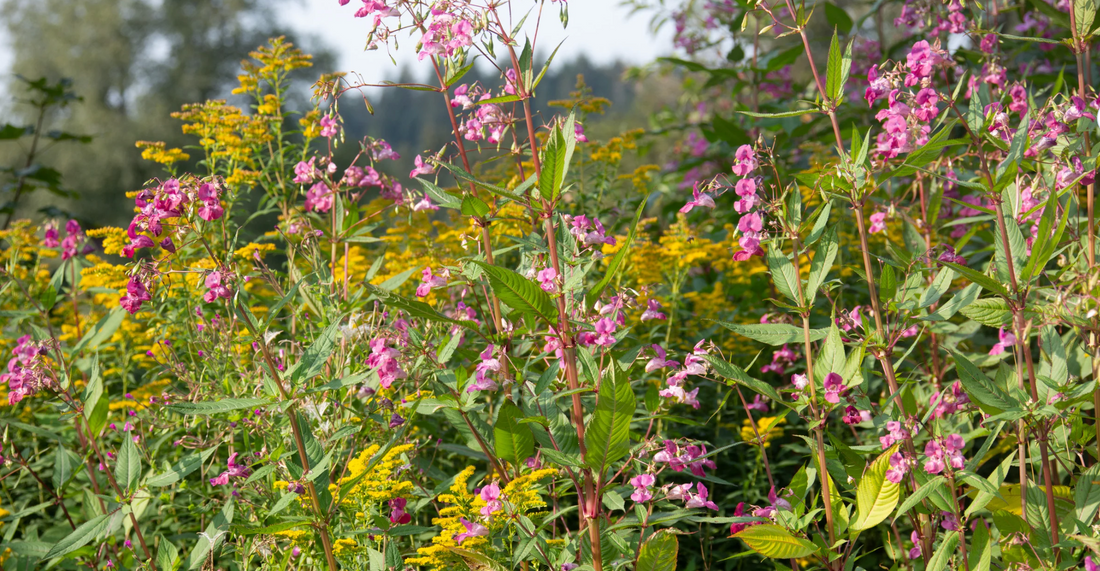
Foraging Legally: How to Avoid Spreading Invasive Plants
It’s quite common for foragers to want to take seeds or entire plants home to grow their own wild food, which is totally understandable. However, if those plants are deemed invasive, you could find yourself in a bit of legal trouble. That wayside snack of Himalayan Balsam seeds may be fine, but gather them and carry them home to toast in curry powder could render you a criminal if you happen to drop a few on the way.
In this post we will look at the problem of causing the spread of invasive plants when foraging and the legal consequences.
Section 14 of the Wildlife and Countryside Act 1981 gives us Schedule 9, which deals with invasive plant species.
Invasive plants listed in Schedule 9 include species like Giant Hogweed, Himalayan Balsam, and Japanese Knotweed. If you contribute to the spread of these plants—whether by dispersing seeds or uprooting and moving them—you could be committing a crime.
Introduction of New Species Plants into the wild
Under Section 14(2) WCA 1981 it is an offence to plant in the wild, or otherwise cause to grow there, any plant included in Part 2 of Schedule 9.
This offence is classed as an either way offence (meaning it can actually be tried not just as a summary (minor) offence but as a more serious 'indictable' offence triable in Crown Court depending on the details).
Summary offences tried in magistrates court attract a maximum imprisonment of six months or a fine.
In either instance, however, it is a defence under section 14(3) that the accused took all reasonable steps and exercised all due diligence to avoid committing the offence.
Infringement of these laws may be reported by landowners, environmental bodies or members of the public and picked up by rural police forces, who tackle a range of rural crimes—from theft of valuable farming equipment to wildlife offences.
Definition
For the purposes of the Act; the word 'Plants' includes funghi and algae.
Definitions of other words and phrases used in the Act, such as 'wild', and 'causing to grow' can be found here:
Permits and Licenses to Move Invasive Plants
While researching this, I found both mentions of permits and licences. I'm not sure if they are interchangable but the following links are useful if you ARE needing to move plants covered by section 9, and to encourage you to do so legally.
Permits
You can get a permit that covers moving or using listed species for:
- research
- ex-situ conservation (conservation of components of biological diversity outside of their natural habitat)
- scientific or medicinal purposes
How to get a permit
Apply to APHA for permission to move and use invasive alien species animals and plants.
If you want to use listed species for other activities in exceptional cases for reasons of public interest, including social and economic reasons, you must apply for a permit under article 35(1)(c).
Licences
You must have a licence to carry out management measures for widely spread species. A licence lets you keep, transport, grow, cultivate, allow to breed, and release into the environment, live specimens of invasive alien species to eradicate them.
In England, apply for licence IAS A02.
In Wales, apply for a licence to implement management measures.
My Boss Told Me To…
For employees - if your employer is asking you to harvest seeds from or uproot plants that you think are invasive and take those plant products out of the original area then check out the names of the plants you are harvesting, see if they are on Schedule 9, then ask your employer if they have a licence to do so. If not, you could be guilty just doing your job!
For Employers or Volunteer Managers -Permitting and Causing Offences
If you are an employer or volunteer manager and telling people to move or harvest and move invasive plants even if you are not the person doing the work It is possible to be guilty of an offence of 'Permitting or Causing' the spread.
This means that if you are a business and have staff that forage ingredients for your business, or are a farmer managing land via farm workers or a volunteer managing land workers - you need to inform them of their responsibilities under this law and to exercise caution not to cause the spread. Equally, familiarise yourself with any need to get a permit or licence, above.
Do you know of any cases of Schedule 9 offences making it to court? I have looked but couldn't find any. Hopefully because its rare!
Useful Links for Foraging and Avoiding Causing the Spread of Non Native Plants.
Government guidance of Schedule 8 and 9 plants. https://assets.publishing.service.gov.uk/media/6290dcbce90e07039ae3eb9c/wildlife-countryside-act-guidance.pdf
https://www.gov.uk/guidance/invasive-non-native-alien-plant-species-rules-in-england-and-wales
NNSS (Non Native Species Secretariat)
JNCC, Non Native Species
